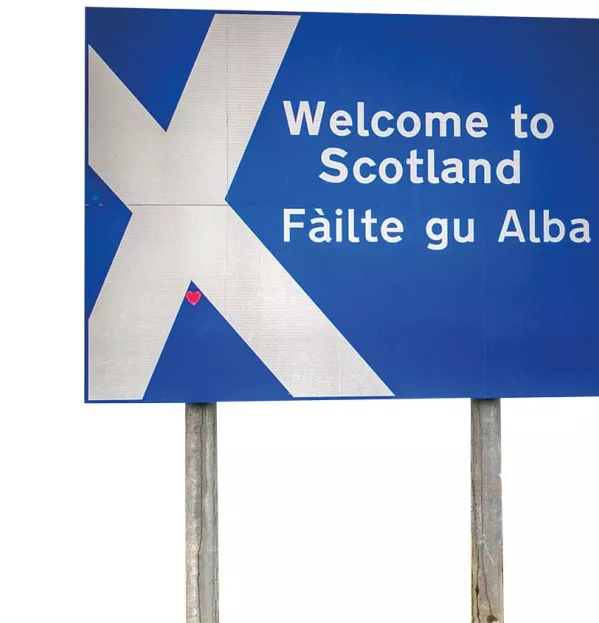Monsieur Boudon adored the English language. In a rural corner of France, where hardly anyone could string together more than a few words of English, he spent evenings decoding Bruce Springsteen concept albums and parsing the prose of Charles Dickens’ most doorstep-like novels.
I had just started as an English language assistant at a lycée in Le Puy-en-Velay, in Auvergne, where Monsieur Boudon was an English teacher. In what was both a benevolent gesture and a prime opportunity to test his linguistic mettle, he quickly invited me over for dinner along with two Irish students who were working in other schools.
In a slightly affected but almost convincing plummy English accent - “I implore, please call me Jean-René” - he explained his love of English. Monsieur Boudon enjoyed exploring the idiosyncratic tapestry of the language. He explained that English had a richness of idiom unmatched by French, and gave his favourite example: was there a more apt, evocative and downright lovely phrase in any language than “the kiss of life” ?
The point, he said, was that English cast a different light on even the most mundane of actions and situations. Yes, it helped him to make sense of road signs and restaurant menus - but it also helped him to see the world in a different way.
I thought about Monsieur Boudon last week for the first time in many a year when there was a political stooshie over Gaelic-medium education. Following news of the landmark move that Gaelic would become the default language of schools in the Western Isles, the Scottish Conservatives’ education spokesperson, Liz Smith, was quoted in The Scotsman describing this as a “deeply troubling step” that could put children “at a distinct disadvantage to their peers”.
This felt like an echo of culture wars from a bygone era. There are still a few mutterings on social media about whether train station signs should be in Gaelic, but you rarely hear the overblown denunciations of the language that you used to get.
Now, middle-class parents in Edinburgh and Glasgow - often with no heritage in Gaelic’s heartlands - are clamouring for their children to be taught in the language. And a few weeks ago, it was reported that the Gaelic version of the Duolingo language learning app had become the company’s fastest-growing course ever, with 127,000 sign-ups in the month since its St Andrew’s Day launch.
It was unexpected to hear Ms Smith - who usually prefers sober, evidence-based criticism of government policy over rhetorical grandstanding - take a potshot at Gaelic. Could it be that her party in London had admonished the Scottish Tories for playing too nice and ordered them to take direct aim at what it considered to be SNP shibboleths?
Whatever the reason, it felt like an odd line of attack when the benefits of bilingualism are so well established. And the grimly utilitarian ranking of languages (why learn Gaelic when Spanish or Mandarin are far more “useful” ?) founders when you consider that mastering Gaelic at a young age will only support acquisition of other languages.
The worth of any language should not be measured purely by how much it boosts careers or cognitive function. Interviewed by National Geographic in 2018, the co-founder of Wikitongues - a global volunteer movement aiming to revive ailing languages - took a different tack. Daniel Bogre Udell said that “when humanity loses a language”, this also diminishes the potential of “art, music, literature and oral traditions”, with the countless windows they open up on the world.
Attempts to boost Gaelic education should celebrated, not disparaged - because we are all enriched by a plurality of languages.
@Henry_Hepburn
This article originally appeared in the 31 January 2020 issue under the headline “Championing Gaelic can give the kiss of life to language learning”

